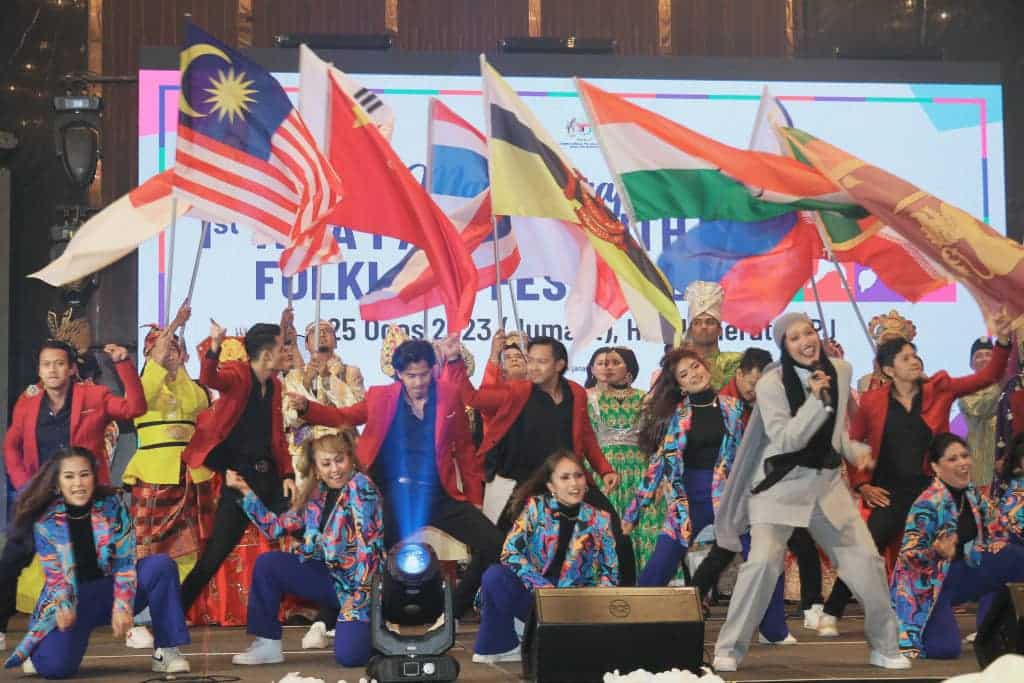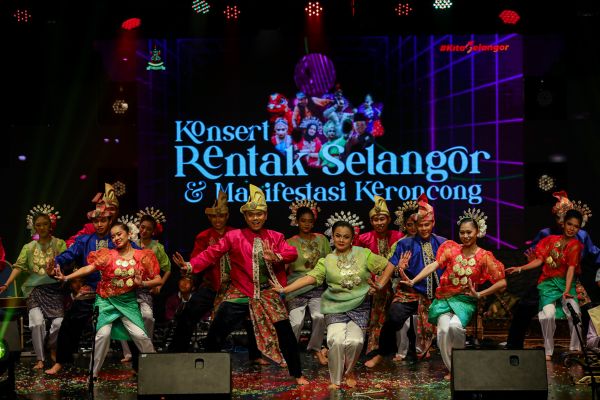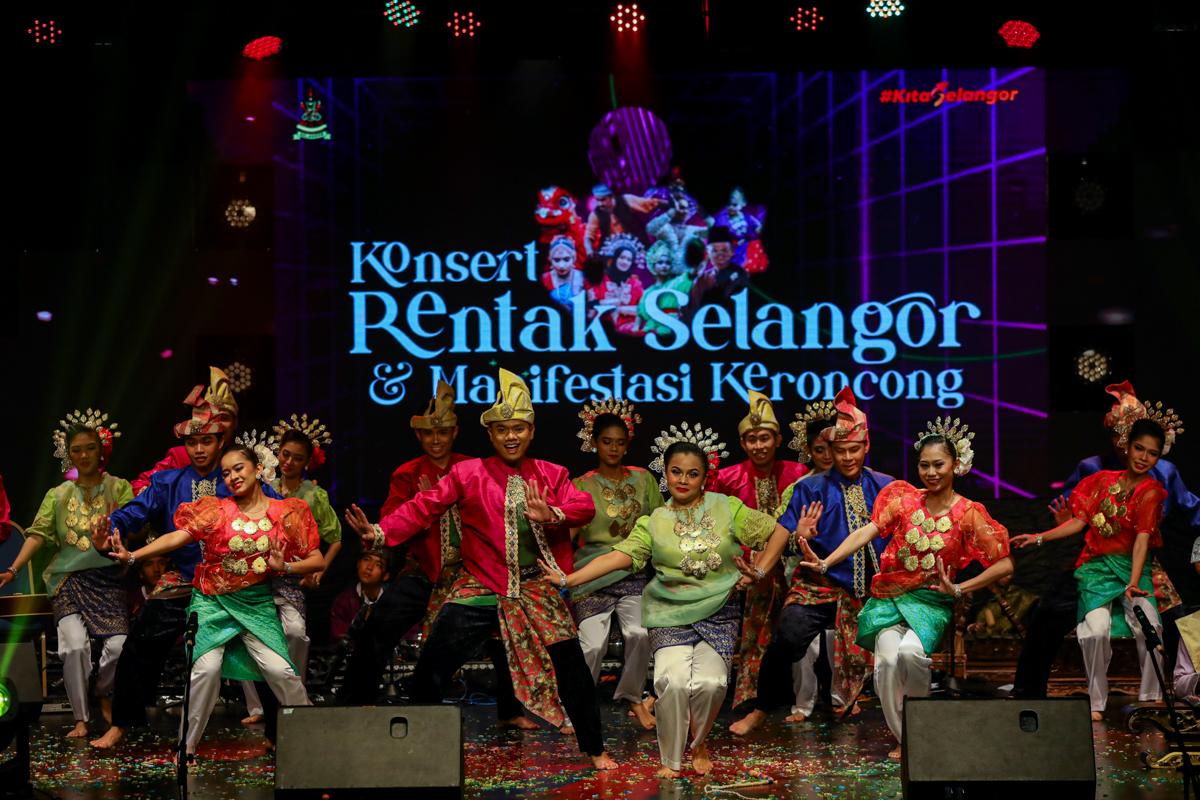HULU LANGAT, Sept 21 — The orange economy sector, which encompasses the arts, culture, and creativity, must be shielded from political uncertainty to ensure the development of the nation’s creative industry is not disrupted, while providing space for artists to build a sustainable ecosystem.
Universiti Kebangsaan Malaysia's Institute of the Malay World and Civilisation research fellow Mohd Faizal Musa said that Malaysia possesses many outstanding talents and unique strengths in the arts, yet the local ecosystem still requires more comprehensive policies and consistent attention.
“The orange economy must be given continuous protection. Do not allow changes in government to affect artists who are building a solid foundation.
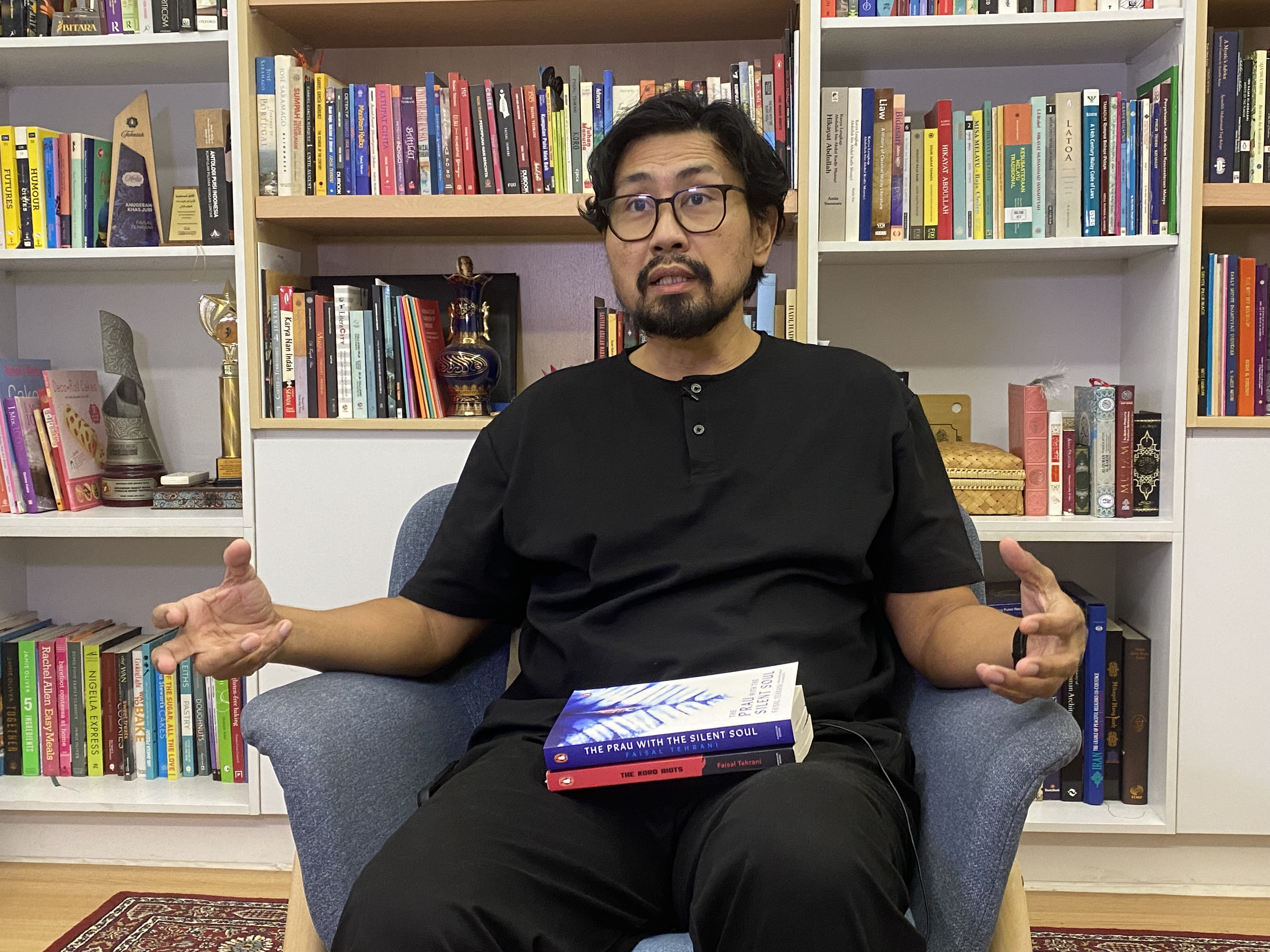
“For example, the Selangor Literary Prize (HSS) and state government initiatives like the Darul Ehsan Book Initiative (IBDE) must be safeguarded so that they may continue without disruption,” he told Media Selangor during an interview at his residence in Alam Sari, Bangi, recently.
The HSS, introduced by Menteri Besar Dato' Seri Amirudin Shari in 2015 when he was serving as the state executive councillor for youth, sports, culture, and entrepreneurship, is published through the weekly newspaper and the Selangorkini portal.
The award, now in its 10th edition, has become an important medium to elevate the works of Malaysian writers as well as provide spiritual enrichment to society.
Meanwhile, the IBDE, established in 2016, has invigorated the translation and publication of major global works into Malay, covering philosophy, literature, and a wide range of fields. To date, over 100 masterpieces have been translated, strengthening the role of the Malay language as one of knowledge and civilisation.
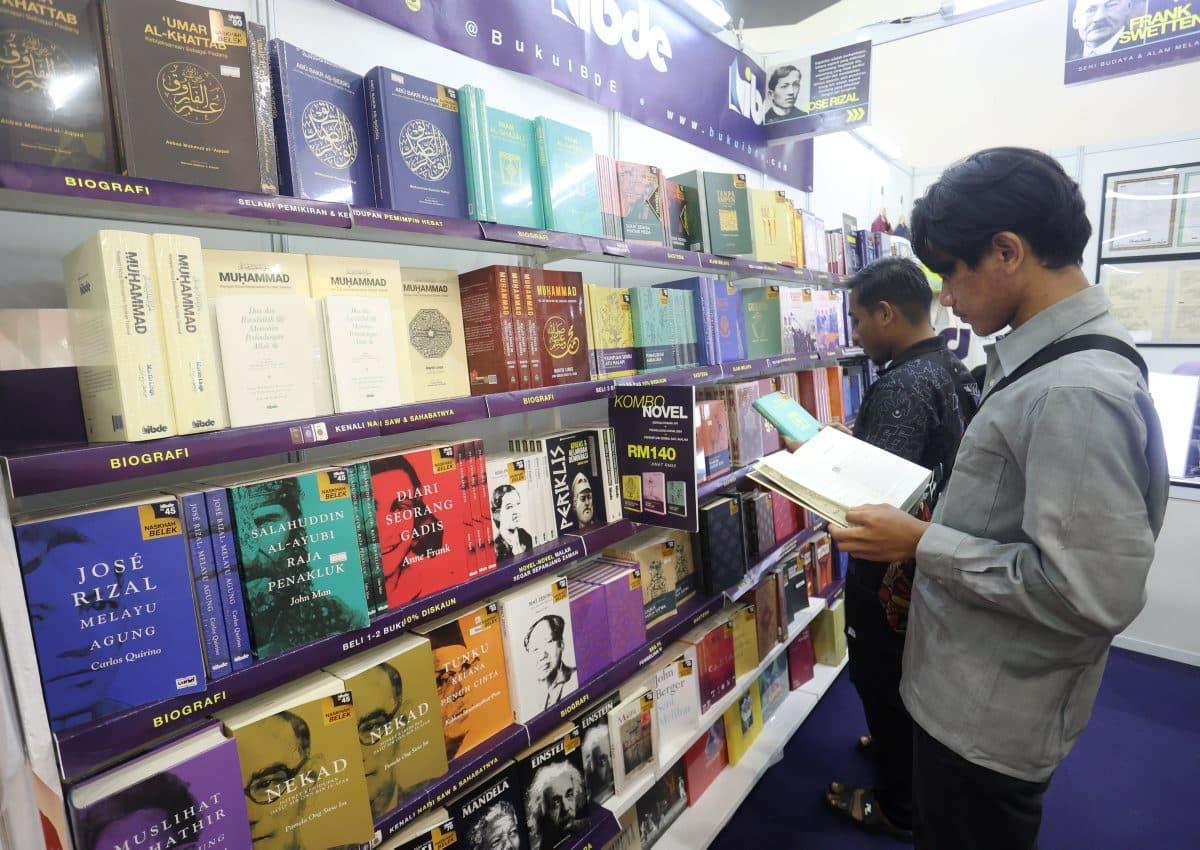
Global creative economy growing rapidly
The orange economy is now recognised as one of the fastest growing sectors in the world. The United Nations Conference on Trade and Development's Creative Economy Outlook 2024 reported that global exports of creative goods reached US$713 billion (RM2.99 trillion) in 2022, while exports of creative services surged to US$1.4 trillion (RM5.89 trillion).
Nationally, the sector has also shown positive growth, contributing around 1.9 per cent to gross domestic product (GDP) in 2022, according to the Statistics Department. Several reports even estimate that the contribution has nearly reached three per cent, signalling that the creative industry is becoming a new driver of the national economy.
In this context, Faizal, better known by his pen name Faisal Tehrani, stressed that micro creative practitioners must also receive serious attention.
“The authorities should go to the ground and engage in dialogue with artists to understand the real challenges they face,” he said.
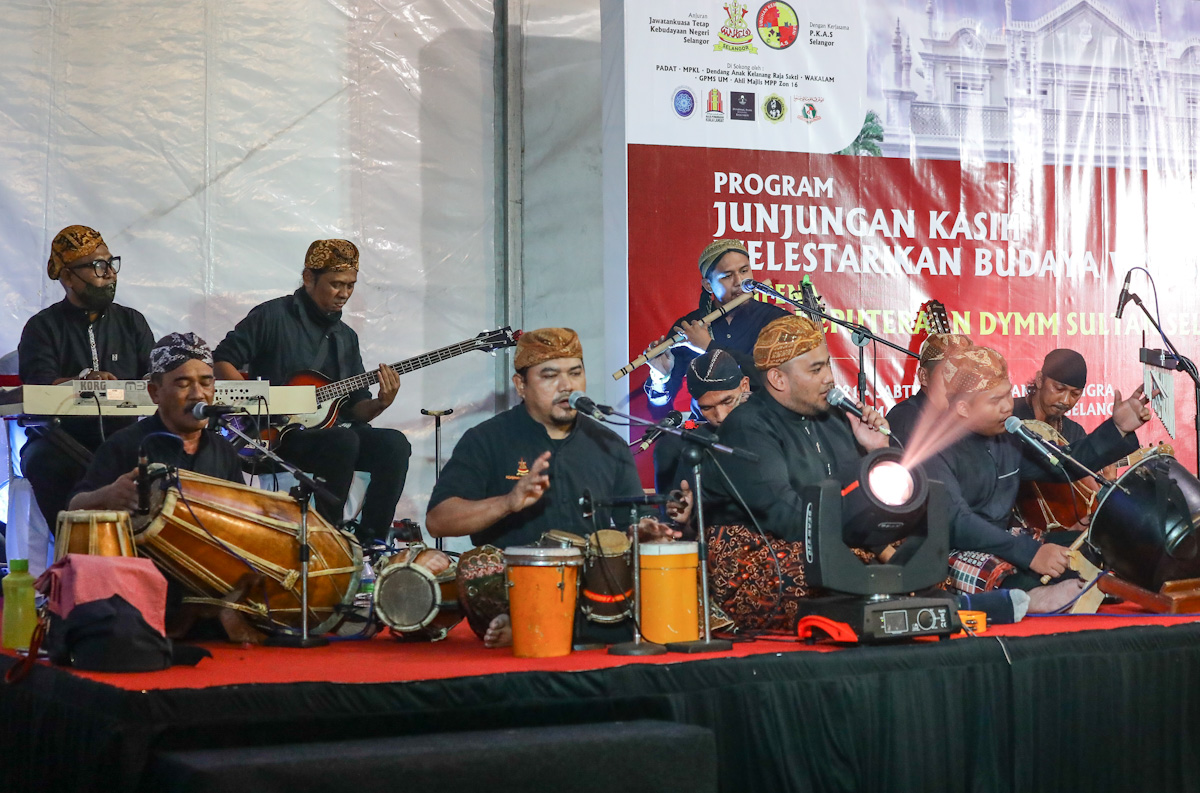
Government urged to formulate strong policies
During the debate on the 13th Malaysia Plan in the Dewan Rakyat on August 6, Amirudin emphasised the need for the government to develop a clear, comprehensive, and structured creative economy policy to elevate the industry globally.
He said Malaysia should emulate South Korea, which has successfully built a robust creative ecosystem to the point of becoming a global cultural powerhouse.
In line with this, Faisal suggested the reinstatement of the Arts and Culture Ministry so that it is no longer merged under the Tourism Ministry. He believes this step is vital to ensure the sector receives dedicated attention and is not sidelined.
Faisal also urged that more opportunities be provided for arts graduates to showcase their work, while recommending that Malaysian-made products be featured in films and local artworks to support the economy and build a national cultural identity.
